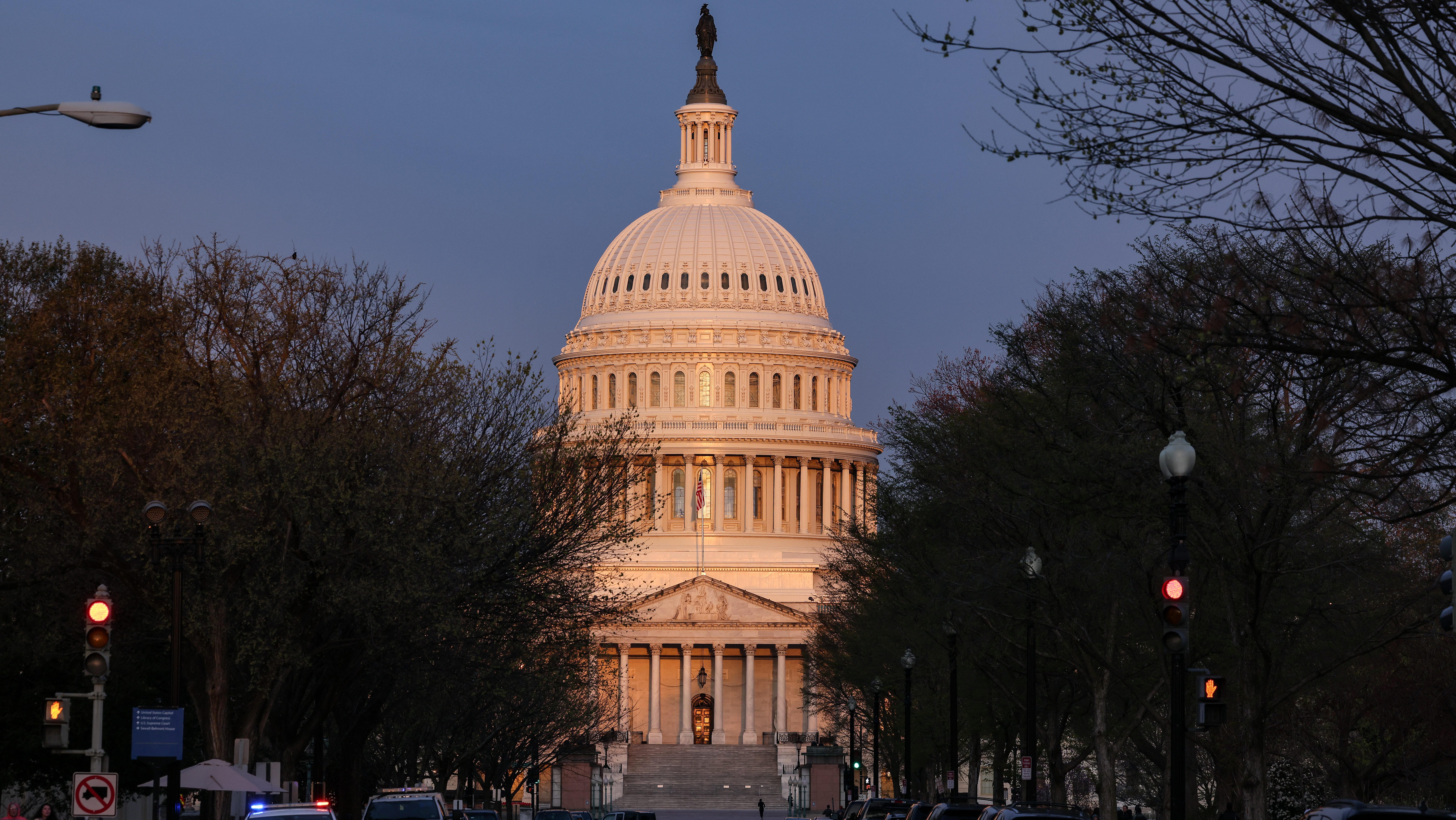Outlaw nukes and only outlaws will have nukes? Well, kinda, yeah.
President Obama called for the world to get rid of nuclear weapons. CNN reported:
"Nuclear weapons are the most dangerous legacies of the Cold War," Obama said in a speech in front of a huge crowd outside the medieval Prague Castle in the Czech Republic. "The U.S. will take concrete steps. ...We will begin the work of reducing our arsenals and stockpiles."
The president, who was on an eight-day visit to Europe, warned that if some nations defy orders to get rid of nuclear weapons, America will maintain a safe and secure nuclear capability "to deter our adversaries and reassure our allies."
Obama said that the United States will need help to reach its goal, adding that talks are under way with his Russian counterpart.
"President [Dmitry] Medvedev and I began this process in London, and we will seek to include all nuclear weapon states in this endeavor."
Good luck with that.
U.S. & World
Stories that affect your life across the U.S. and around the world.
It is naive to think that just because the U.S. and Russia agree to reduce their nuclear stockpiles, that the rest of the world will move in the direction of eliminating theirs. Use any cliche you want: "You can't put the genie back in the bottle"; "you can't unring a bell"; "close the stable after the horses are free."
Nuclear weapons are quite clearly a bargaining chip with which to send a message. Pakistan's successful explosion of a nuclear device back in 1998 was a signal to India that they would never be intimidated by their Hindu neighbor. Of course, as a result, Pakistan stands as a strategic problem for the rest of the world: They are the only Muslim nation with nuclear weapons -- just an assassination away from a nuclear stockpile potentially getting into the hands of a terrorist ruler.
But military threats aside, there is a psychological appeal to being a nuclear power. Sad as it may be, one must recognize the reality: A nuclear bomb or missile is seen by up-and-coming nations as an indication that they have "arrived." That was the case when China joined the club in the 1960s. As much as Iran appears to want to counter Israel and the United States, Tehran wants to build a nuke because it believes that it is a mature nation worthy of respect.
Most of the civilized world disagrees with that assessment, but it doesn't change the fact that psychology plays a big role in wanting to join the nuke club.
So, why should anyone listen to the United States' call to go in the other direction?
What is the supposed downside to seeking to become a nuclear power? Countries "that break the [Nuclear Non-Proliferation] rules will face immediate consequences, including automatic referral to the U.N. Security Council."
Oh, now that's scary!
Getting rid of nuclear weapons globally will be about as successful as getting rid of guns domestically, which is to say, not at all. "Good" countries -- however they are to be defined -- will hold on to their nukes for fear that there are not so good countries out there.
And the not-so-good countries hardly follow the rules that are in place now (hello? North Korea). So, why should they have any fear of sanction (or sanctions) in the future?
The president is trying to dream an impossible dream.
Robert A. George is a New York writer. He blogs at Ragged Thots.



